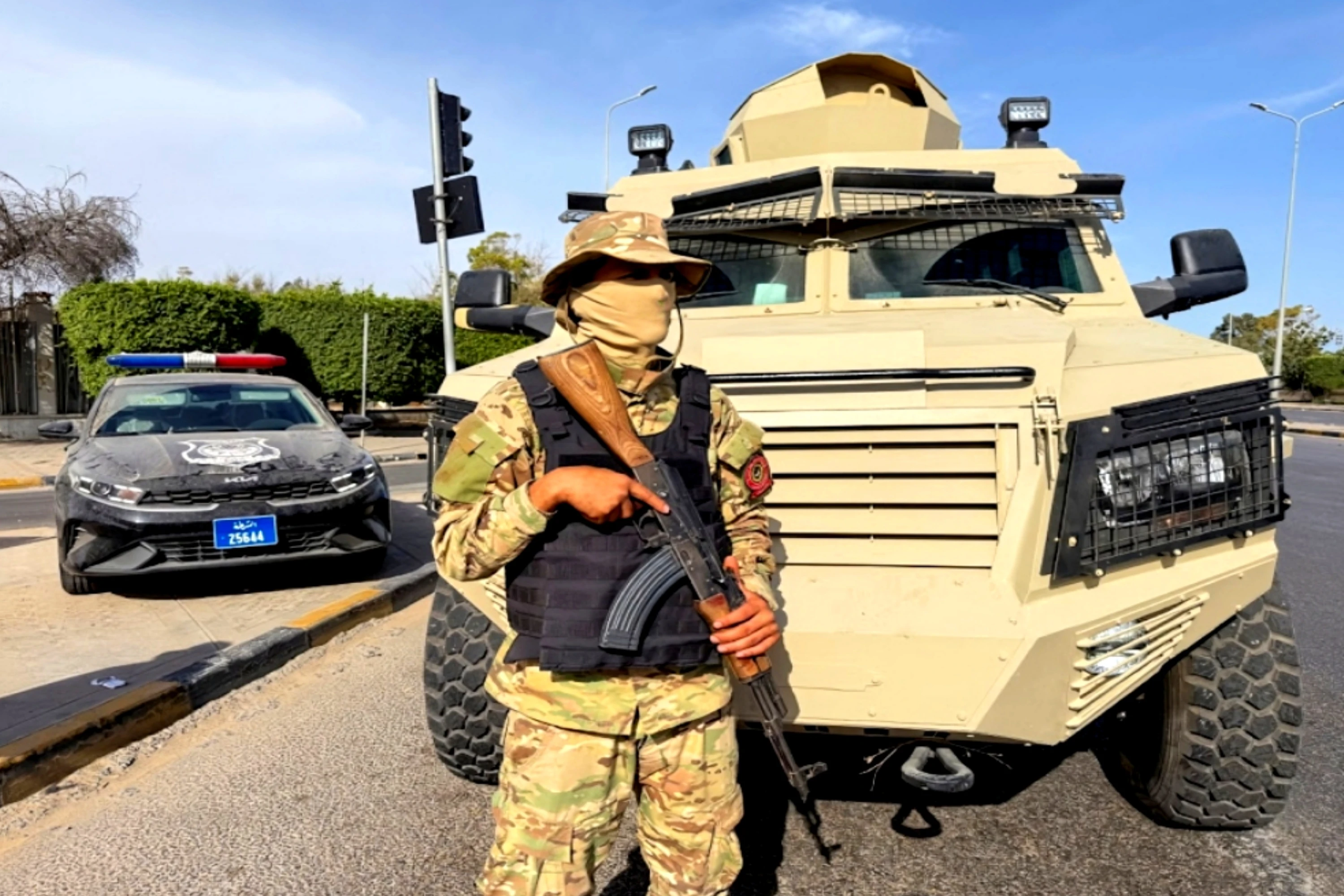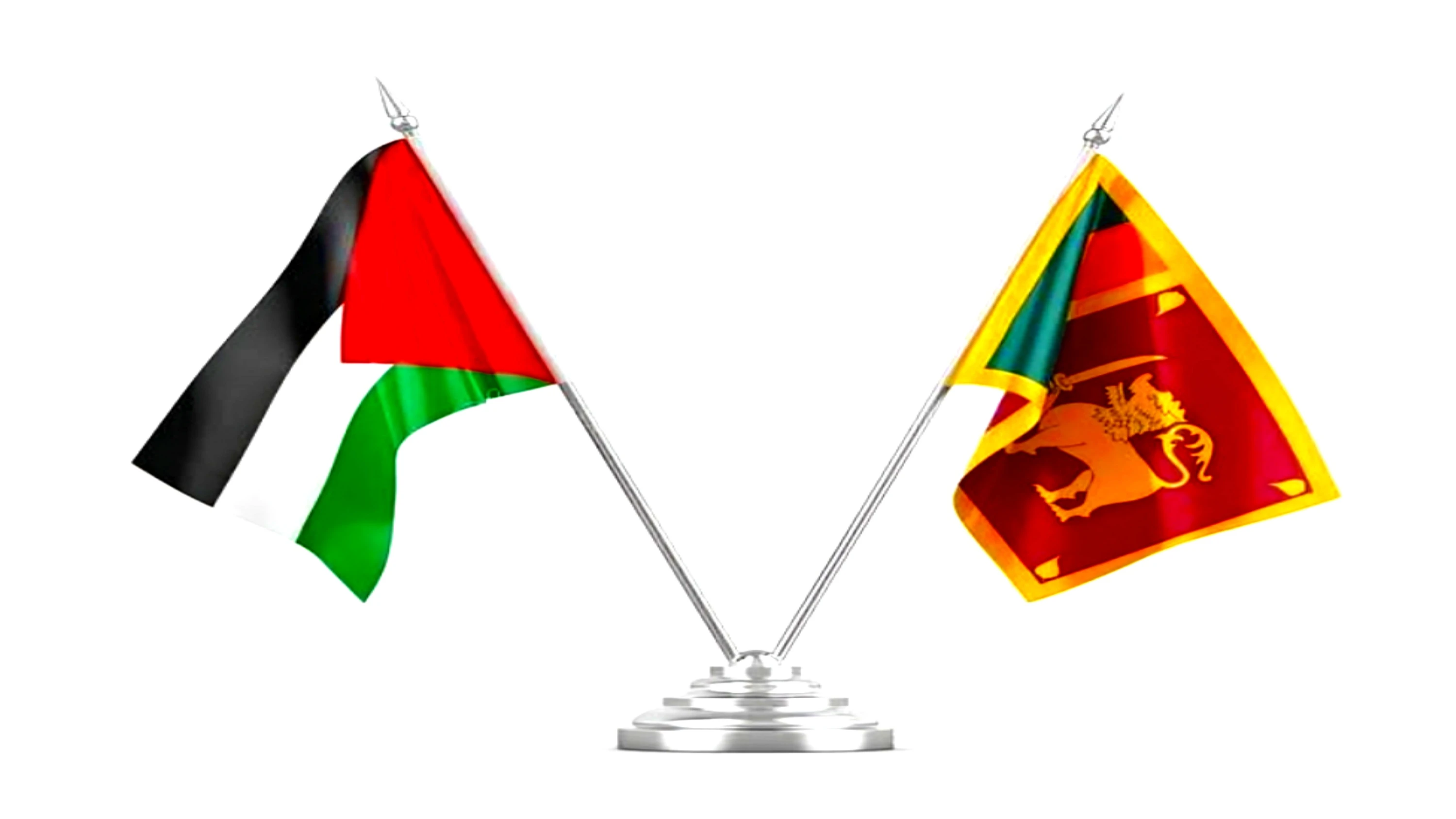Tripoli: Intense clashes that erupted in Libya’s capital earlier this week have largely quieted following a government-announced ceasefire, on Wednesday. The violence, which marked some of the most severe fighting in years, began late Monday after the assassination of a key militia leader.
Though calm briefly returned Tuesday morning, fierce battles resumed later that night, engulfing multiple districts across Tripoli. In response, Libya’s defense ministry stated that regular forces had taken steps to restore order, deploying neutral police units around strategic locations.
The aftermath left city streets scattered with burnt-out vehicles and buildings riddled with bullet holes. Despite the lull in fighting, authorities have yet to release casualty figures.
The eruption of violence appears to have strengthened the position of Prime Minister Abdulhamid al-Dbeibah, head of the internationally recognized Government of National Unity (GNU). Dbeibah, backed by Turkey, has struggled to consolidate control over Libya's fragmented armed landscape.
The main confrontation unfolded between the 444 Brigade, aligned with Dbeibah, and the Special Deterrence Force (Rada), one of the last significant militias in Tripoli not aligned with the GNU, according to the Libyan Observer.
Fighting also spread to Tripoli’s western outskirts, areas historically linked to armed groups from the coastal town of Zawiya, raising concerns about broader escalation if outside militias intervene.
On Tuesday, Dbeibah ordered the disbandment of “irregular armed groups,” following the assassination of Abdulghani Kikli—also known as Ghaniwa—and the swift collapse of his Stabilisation Support Apparatus (SSA) militia. His territory was swiftly taken over by the 444 and 111 Brigades, both allied with the GNU, leaving Rada as the last major independent force in the capital.
The United Nations Support Mission in Libya (UNSMIL) expressed deep concern over the fighting in heavily populated areas and urged an immediate ceasefire.
Libya has remained politically unstable since the 2011 NATO-backed uprising that overthrew Muammar Gaddafi. The country has been divided since 2014, with eastern Libya under the control of Khalifa Haftar and his Libyan National Army (LNA), while western Libya, including Tripoli, is split among various militias.
Despite the recent violence, Libya’s vital oil operations—located mainly in the eastern and southern regions—have so far been unaffected. However, Sirte Oil Company, a subsidiary of the National Oil Corporation (NOC), announced it was halting land transport to western Libya, including Tripoli, until the situation stabilizes.
Libya remains not only a key oil producer but also a critical transit point for migrants attempting to reach Europe, while its conflict continues to draw in major foreign powers like Turkey, Russia, Egypt, and the UAE.








